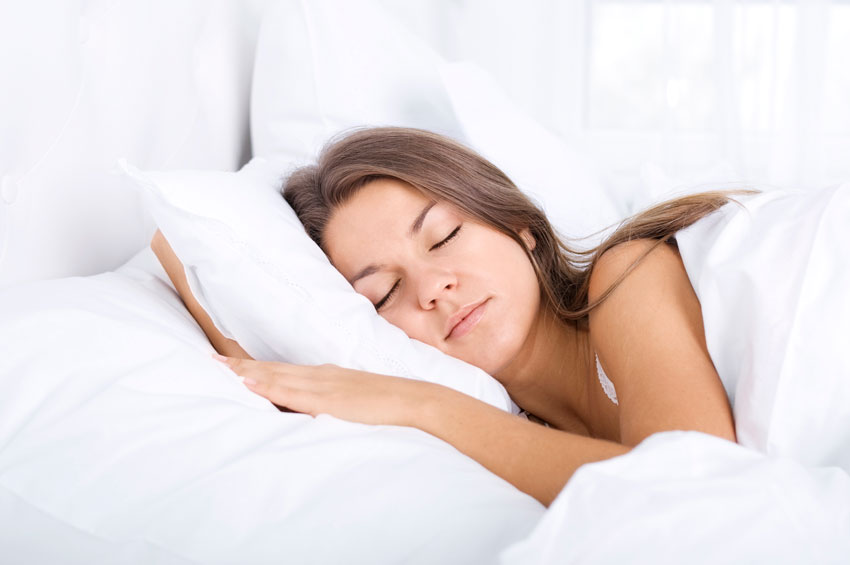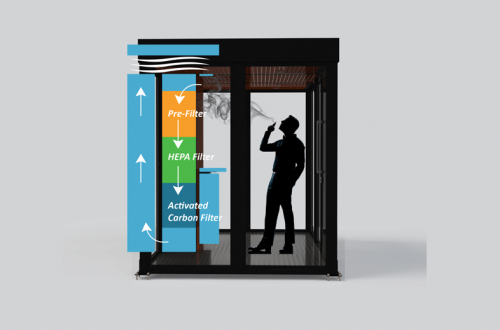
Do Air Cleaners Contribute to Improved Sleep Quality?
In today’s fast-paced world, getting a good night’s sleep is more important than ever. But with indoor air pollution becoming a growing concern, many are turning to air cleaners as a potential solution. But do air cleaners really contribute to improved sleep quality?
Understanding Air Cleaners
Air cleaners, also known as air purifiers or air filtration systems, are devices designed to remove pollutants, allergens, and contaminants from indoor air. These devices typically utilize filters or other technologies to trap particles and improve air quality.
The Relationship Between Indoor Air Quality and Sleep
- Reduced Allergens: Air cleaners can help reduce common allergens such as dust mites, pet dander, and pollen, which can disrupt sleep by triggering allergies or asthma.
- Elimination of Airborne Particles: By capturing airborne particles like smoke, odors, and pollutants, air cleaners create a cleaner and fresher indoor environment conducive to better sleep.
- Control of Indoor Humidity: Some air cleaners are equipped with humidification or dehumidification functions, maintaining optimal indoor humidity levels for comfort and respiratory health during sleep.
- Noise Reduction: Certain air cleaners are designed to operate quietly, minimizing noise disruptions that can interfere with sleep quality.
Factors to Consider When Choosing an Air Cleaner
- Room Size: Consider the square footage of the room where the air cleaner will be used to ensure optimal performance.
- Filtration Technology: Evaluate the type of filtration technology used by the air cleaner, such as HEPA filters, activated carbon filters, or UV-C light, based on your specific air quality needs.
- Noise Level: Choose an air cleaner with a noise level that won’t disturb your sleep, especially if it will be used in the bedroom.
- Maintenance Requirements: Consider the maintenance requirements of the air cleaner, including filter replacement and cleaning, to ensure consistent performance.
Conclusion
While air cleaners can contribute to improved sleep quality by reducing allergens, eliminating airborne particles, controlling indoor humidity, and minimizing noise disruptions, their effectiveness may vary depending on various factors such as the type of air cleaner, room size, and individual sensitivities. When considering whether to invest in an air cleaner for better sleep, it’s essential to weigh these factors carefully and choose a device that best meets your specific needs and preferences. Ultimately, maintaining a clean and healthy indoor environment can play a significant role in promoting restful sleep and overall well-being.



